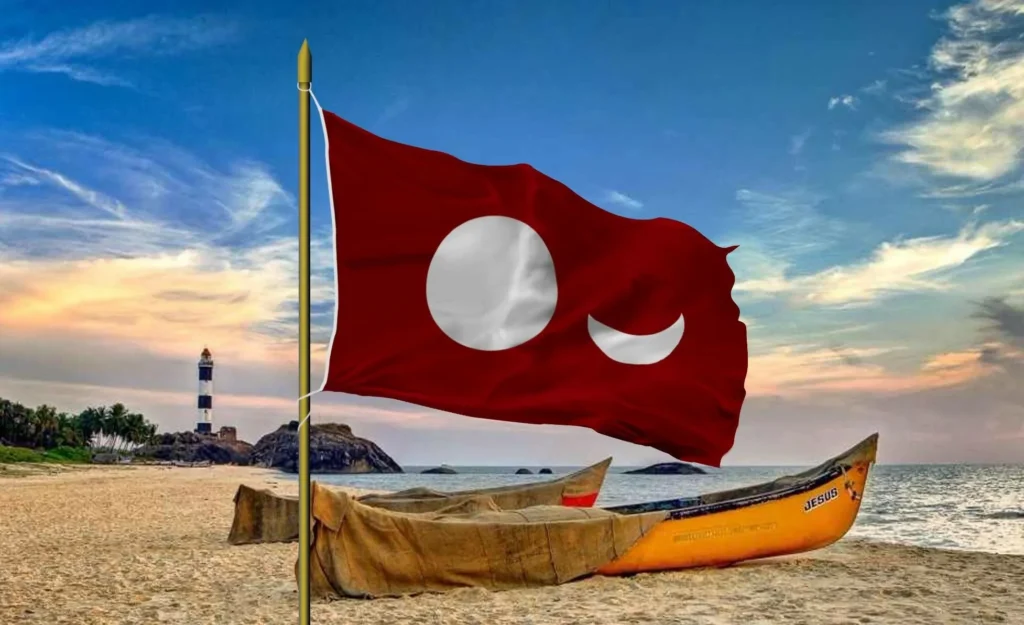
Tulunad, also known as Tulu Nadu, is a region located in the southwestern part of India, primarily in the states of Karnataka and Kerala. It is known for its rich cultural heritage, distinctive language (Tulu), unique traditions, vibrant festivals, folk arts, and exquisite cuisine. Writing content about Tulunad culture involves exploring these various aspects to give readers a comprehensive understanding of this fascinating region. Below is an overview touching upon key elements of Tulunad culture:
Introduction to Tulunad Culture
Tulunad, the land of the Tulu-speaking people, is a region that boasts a history and culture as vibrant and diverse as its landscapes. From the undulating beauty of the Western Ghats to the serene coastline of the Arabian Sea, Tulunad’s geography has played a significant role in shaping its cultural identity. This region, with its rich tapestry of traditions, offers a unique glimpse into the cultural diversity of India.
Language and Literature
Tulu, the native language of Tulunad, is an integral part of its cultural identity. Despite not having a widespread script, Tulu has a rich oral literature tradition, including folk songs, stories, and proverbs that have been passed down through generations. The effort to preserve and promote Tulu language and literature has gained momentum, highlighting its importance in the cultural fabric of the region.
Festivals and Rituals
Tulunad is famous for its colorful and elaborate festivals, which are deeply rooted in the region’s agricultural lifestyle and religious traditions. Some of the notable festivals include:
Bhoota Kola: A highly revered spirit worship ceremony that combines dance, music, and elaborate costumes. It is a form of ancestor worship and is believed to bring peace and prosperity to the community.
Nagaradhane: Snake worship, reflecting the strong bond between nature and the people of Tulunad. This ritual underscores the respect for wildlife and the environment prevalent in the region.
Pili Yesa: The tiger dance, a vibrant and energetic performance that is part of several festivals, symbolizing strength and valor.
Cuisine
Tulunad’s cuisine is a reflection of its geographical diversity and historical influences. It is known for its use of fresh coconut, curry leaves, and a variety of spices, offering flavors that range from subtly aromatic to intensely spicy. Some of the must-try dishes include:
Neer Dosa: A delicate, lace-like crepe made from rice batter, often served with coconut chutney or spicy fish curry.
Kori Rotti: A combination of crispy, dry rice roti served with a spicy chicken curry.
Gassi: Curries made with fish, chicken, or vegetables, cooked in a rich, coconut-based gravy.
Folk Arts and Sports
Tulunad is home to a myriad of folk arts and sports that reflect the martial spirit and artistic inclinations of its people. Kambala, a traditional buffalo race in muddy waters, is one of the most exhilarating sports of the region, drawing participants and spectators in large numbers. Yakshagana, a traditional theatre form, combines dance, music, dialogue, costume, makeup, and stage techniques with a unique style and form. These art forms not only entertain but also serve as mediums to preserve and transmit folklore and traditions.
Conclusion
Tulunad’s culture is a mosaic of traditions, languages, rituals, and arts that have been nurtured over centuries. Despite the challenges of modernization and globalization, the people of Tulunad have preserved their unique heritage, making it a fascinating subject for those interested in the cultural diversity of India. Whether it’s through the pulsating rhythms of Bhoota Kola, the flavorful delights of its cuisine, or the mesmerizing performances of Yakshagana, Tulunad offers a cultural experience that is both profound and exhilarating.